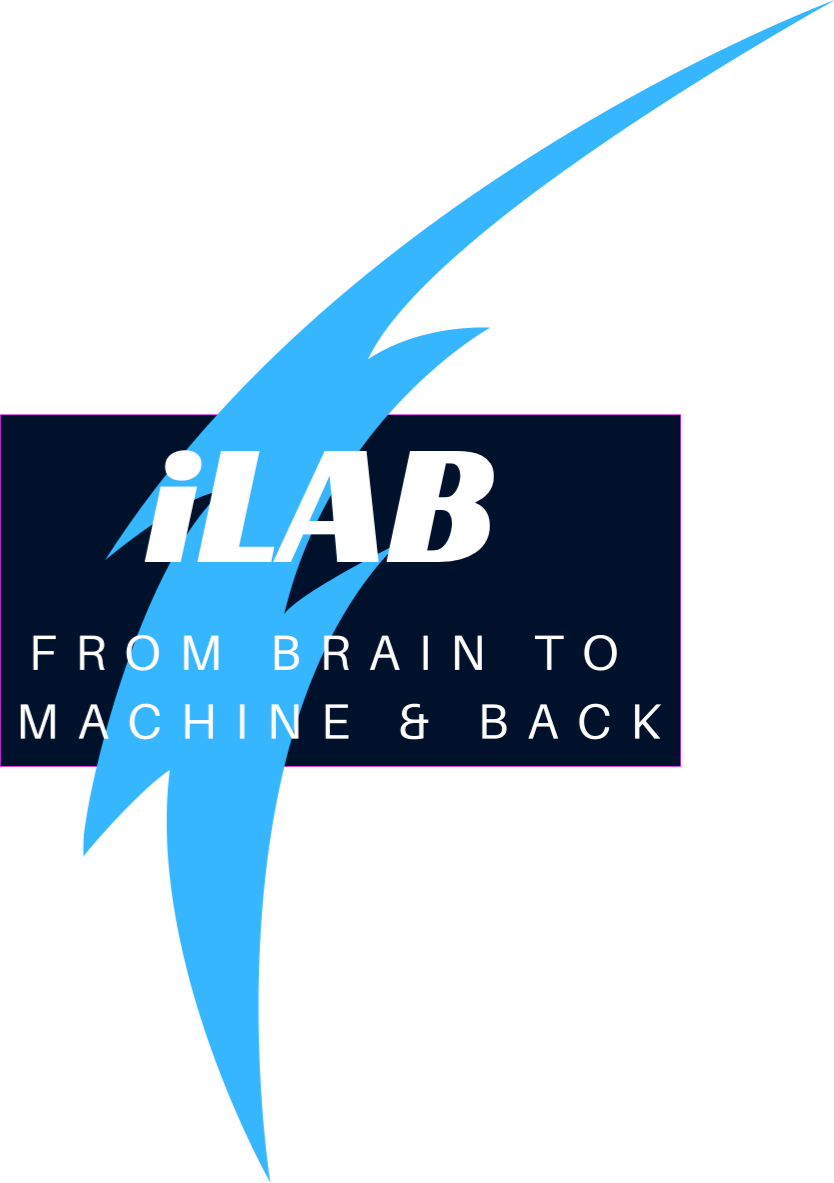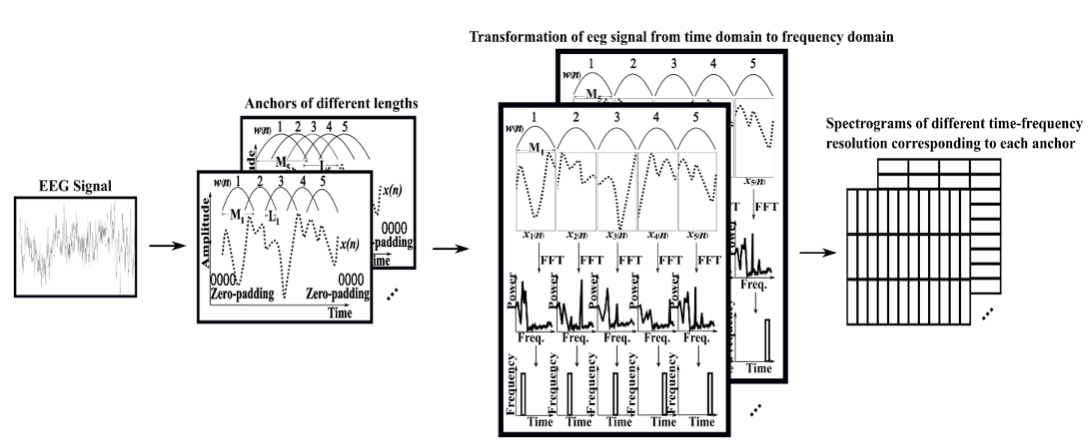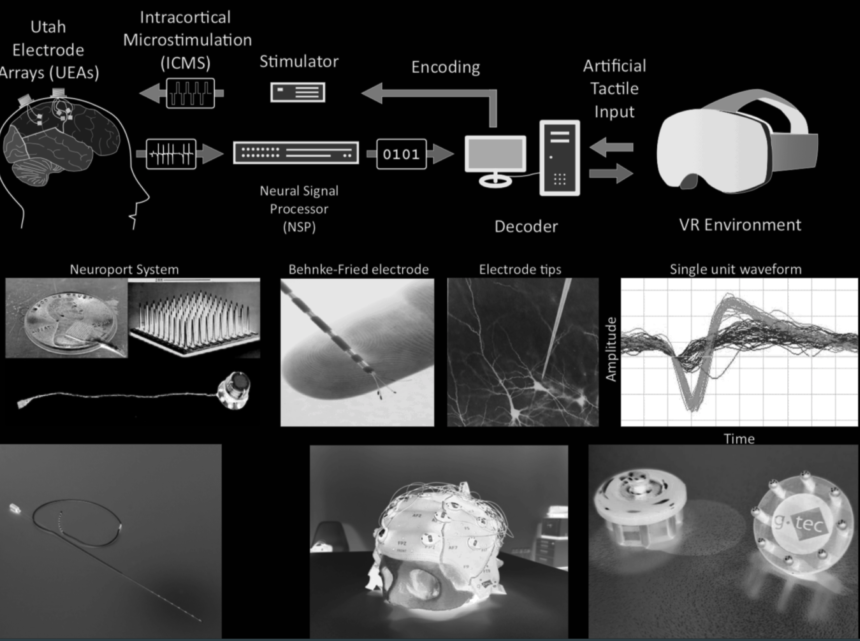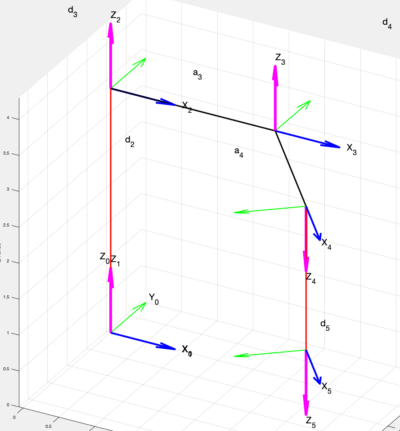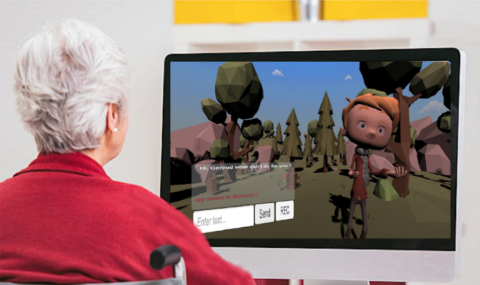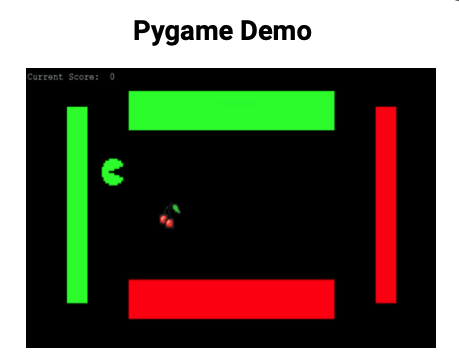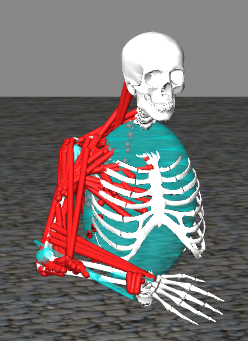Preprint https://arxiv.org/abs/2011.14694 AbstractObjective. Brain-computer interfaces (BCIs) enable direct communication between humans and machines by translating brain activity into control commands. Electroencephalography (EEG) is one of the most common sources of neural signals because of its inexpensive and non-invasivenature. However, interpretation of EEG signals is non-trivial because EEG signals have a low spatial resolution and are … Read More “Improving the performance of EEG decoding using anchored-STFT in conjunction with gradient norm adversarial augmentation” »
Publication in Journal of Neural Engineering https://doi.org/10.1088/1741-2552/abc8d4 Abstract Objective. Advancements in electrode design have resulted in micro-electrode arrays with hundreds of channels for single cell recordings. In the resulting electrophysiological recordings, each implanted electrode can record spike activity (SA) of one or more neurons along with background activity (BA). The aim of this study is … Read More “SpikeDeep-Classifier: A deep-learning based fully automatic offline spike sorting algorithm” »
Masterarbeitsthema Abstract: Brain-computer interface (BCI), “the recipe of decoding intended actions from neural signals” is a way forward towards creating an intelligent neuroprosthetics solution. Deep learning (DL) algorithms provide many state-of-the-art results in the rapidly growing BCI applications. Despite this fact, DL algorithms are fragile against synthetic inputs called “adversarial inputs”. These inputs can be … Read More “An investigation of existence of the adversarial inputs in the brain-computer interface (BCI) applications (Thesis proposal)” »
Abstract: A spike sorting algorithm allows the identification of the activity of each neural source. We published two studies SpikeDeeptector and SpikeDeep-Classifier in the journal of the neural engineering. This study is based on our previously published studies. In this study, we aim to identify the neural activity of each source, online. More importantly, we … Read More “Online SpikeDeep-Classifier: The supervised learning based online spike sorting algorithm (Thesis-Proposal)” »
Interactive simulation of the Dennavit Hardenberg convention for open chain manipulators (robot arms)
Student project within the module “Autonomous Systems” at Ruhr West University of Applied Sciences. Students Nils Biernacki, Lukas Kandora, Katharina Stefanski, Philipp Student Supervision M.Sc. Nique Schmidt and Prof. Dr. Ioannis Iossifidis Project site https://gitlab.hs-ruhrwest.de/iSystemsStudentProjects/2020/eeg-emg-gamecontroller live demo
Student project within the module “Autonomous Systems” at Ruhr West University of Applied Sciences. Students Lars Buck, Tim Habermann Supervision M.Sc. Stephan Lehmler, Prof. Dr. Ioannis Iossifidis Project site The project aim to create a dialog bot with an animated avatar able to have a casual conversation and to assist the user. The dialog bot is supposed … Read More “Autonomous Systems: dialogBot for simulated conversation” »
Student project within the module “Autonomous Systems” at Ruhr West University of Applied Sciences. Students Merih Türkoglu, Matthias Weibrecht Supervision Prof. Dr. Ioannis Iossifidis Project site https://gitlab.hs-ruhrwest.de/iSystemsStudentProjects/2020/generic-gesture-recognition-and-classification-for-game-vr-control The goal of this project is to develop a gesture recognition based on common webcams and low budget hardware to implement hand gesture control in any application. live demo
Student project within the module “Autonomous Systems” at Ruhr West University of Applied Sciences. Students Alexander Klee, Mahdi El Mesoudy,Jan Dehlen Supervision M.Sc. Felix Grün and M.Sc. Stephan Lehmer Prozent site https://gitlab.hs-ruhrwest.de/iSystemsStudentProjects/2020/ml-based-stockmarket-prediction live demo of the command line tool
Everyone has experienced muscle fatigue during daily life, but it is more common during physical training or after an illness. In our research project, the muscle fatigue estimator is used as a control unit that regulates the amount of support provided by an exoskeletal system. To be more precise, the estimator is intended to predict … Read More “Muscle Fatigue Estimator (Thesis-Proposal)” »
